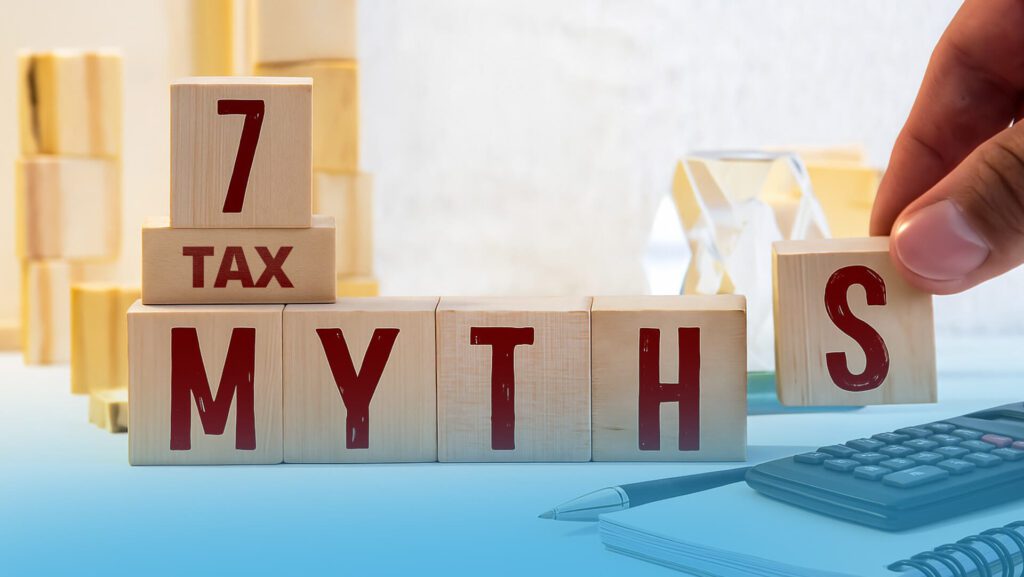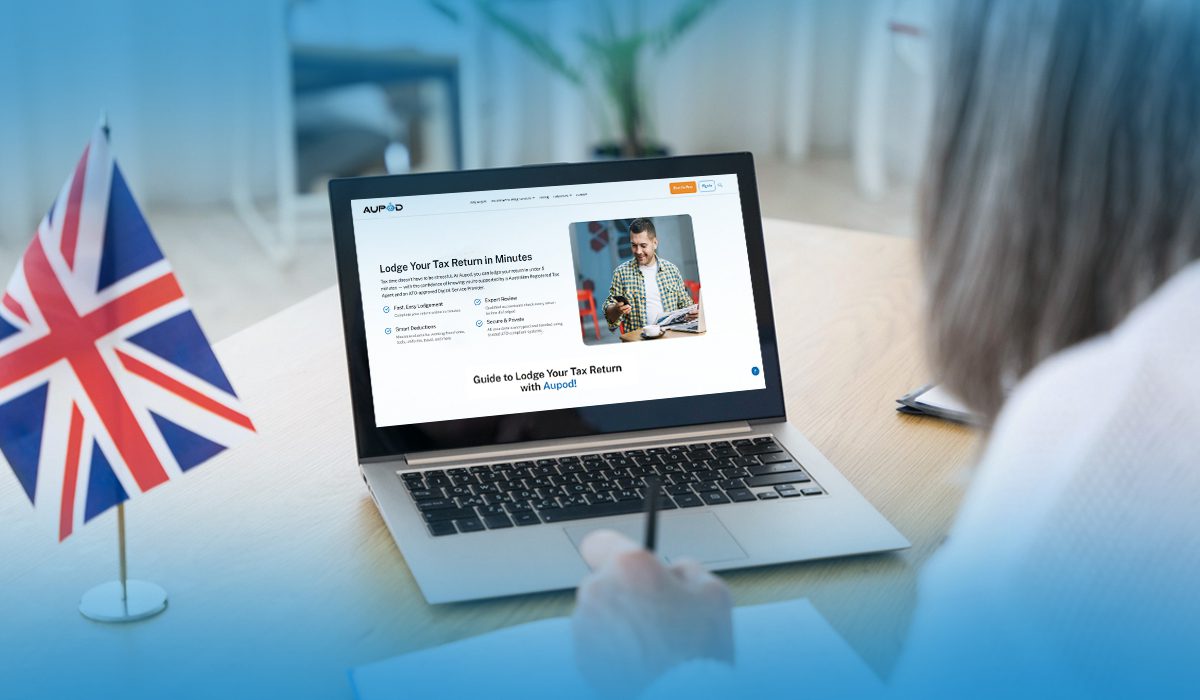Tax season in Australia can feel confusing. Many people hear things that sound true, but aren’t. Falling for them without proper research can cost money or, even worse, get you in trouble with the Australian Taxation Office (ATO). Every year, on average 14 million Australians lodge a tax return, according to ATO data. But many still make mistakes because of incomplete or incorrect knowledge.
This blog uncovers seven common tax myths that could lead you down the wrong path. Each one is backed by real data and facts, so you can feel confident when it’s time to lodge your return.
Busting Seven Australian Taxation Myths
With tax season underway, the ATO has stated that many individuals and businesses lack clarity about their obligations, leading to incorrect or false claims during tax time.
1. Claim Without Receipts
Some people believe you can automatically claim $150 for laundry, 5,000 km for car expenses, or $300 for work-related costs, even if you didn’t actually spend the money. That’s incorrect.
While the ATO does allow certain claims without needing receipts, these are not automatic deductions. You must still meet key condition – you must have incurred the actual expense.
What You Can Claim Without Receipts (in some cases):
- Up to $150 for work-related clothing and laundry
- Up to 5,000 km for work-related car travel using the cents-per-kilometre method
- Up to $300 for other work-related expenses
2. Low Income Means No Tax Return
Even if you earn less than $18,200, you still have to tell the ATO by submitting a non-lodgement advice. This helps avoid penalties. Even if you earn less than $18,200, you might still need to lodge a return. This can happen if:
- Tax was taken out of your income
- You earned bank interest
- You got payments like JobSeeker or Youth Allowance
3. Cash Jobs Don’t Count
All income streams need to be declared, including cash payments from work such as freelancing, tutoring, trade work, or labouring. Failing to report this income is tax evasion and can lead to audits, penalties, or even criminal charges.
ATO Focus for 2025: The ATO is increasing its scrutiny of the shadow economy. This includes cash-in-hand jobs, gig work (like Uber and food delivery), and other undeclared earnings.
4. Tax Agents & Accountants are Responsible for Claims
If an accountant or tax agent is lodging your return, you are still responsible for everything in it. The responsibility to make sure all the information is accurate and that you have records to support your claims lies solely on your shoulders.
Your agent can help prepare and lodge your return, but they rely on the details you provide. If something is wrong, you are responsible, not the agent is accountable to the ATO.
5. Home Office Deductions are Unlimited
It is a false claim that home office deductions are unlimited, as the ATO has strict rules, and in 2025, two main methods apply:
- Fixed rate method (70c/hour): Covers electricity, internet, phone, and stationery.
- Actual cost method: Requires detailed records and apportioning of costs.
Claims are not applicable on the rent or mortgage repayments unless, home is a place of business (not just a workspace).
6. Can File With Last Year’s Tax Return Data
Tax laws and personal situations change every year. Reusing last year’s details can lead to wrong claims or missed deductions.
Examples of What May Change:
- New job or side gig income
- Changes in investment property income or expenses
- Updated tax thresholds or offsets (e.g., low and middle income offset changes)
Tax Return Tip: Update all income sources, deductions in adherence with the latest ATO rules before lodging the return. This practice maximises returns and reduces the risks of error.
7. Lodging Tax Return Late is Okay
If you miss the 31 October deadline (when self-lodging) or your agent’s due date, you may face Failure to Lodge (FTL) penalties. These start at $313 per 28 days and can reach up to $1,565 for individuals.
For business owners, lodging late can also mean:
- Interest charges on overdue GST or PAYG
- Higher risk of ATO audits
- Delays in BAS or tax refunds
Tip: Register with a tax agent like Aupod before 31 October to qualify for extended lodgement deadlines and avoid penalties.
Conclusion!
446,000 people migrated to Australia in 2023-2024, and anyone living here for more than 183 days in a financial year is considered a tax resident. It is quite common among the newcomers to believe in tax myths, like claiming without receipts or paying after the tax season, which can incur penalties for them. It is best to do your homework or register with a tax lodging service like Aupod.ai. We can take care of your taxation and accounting-related obligations, ensure compliance with ATO requirements, and help maximise your refund.



